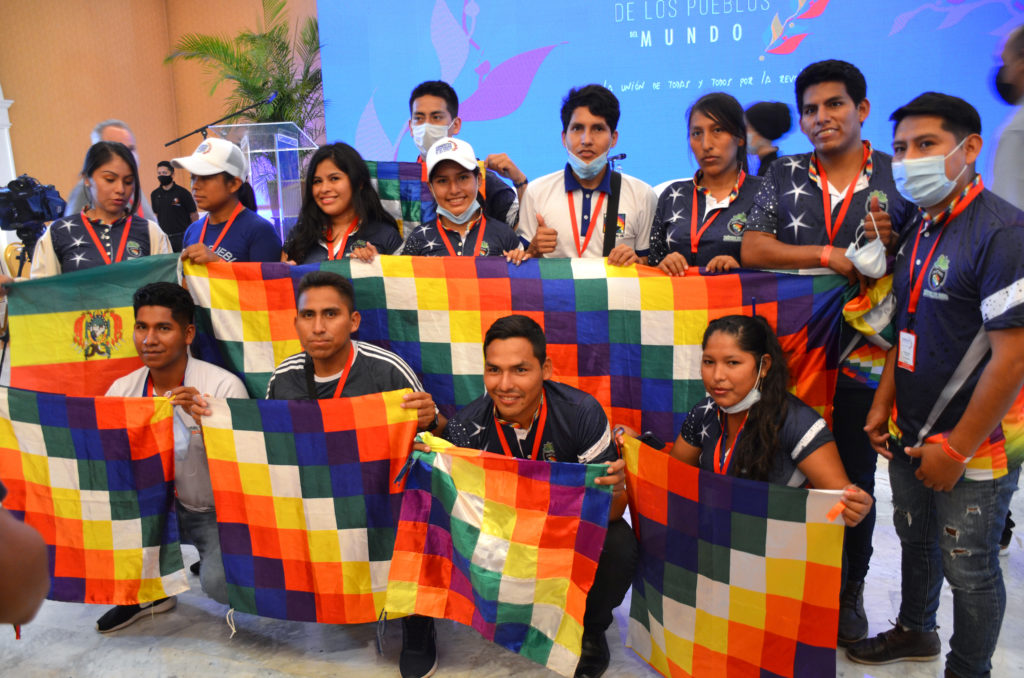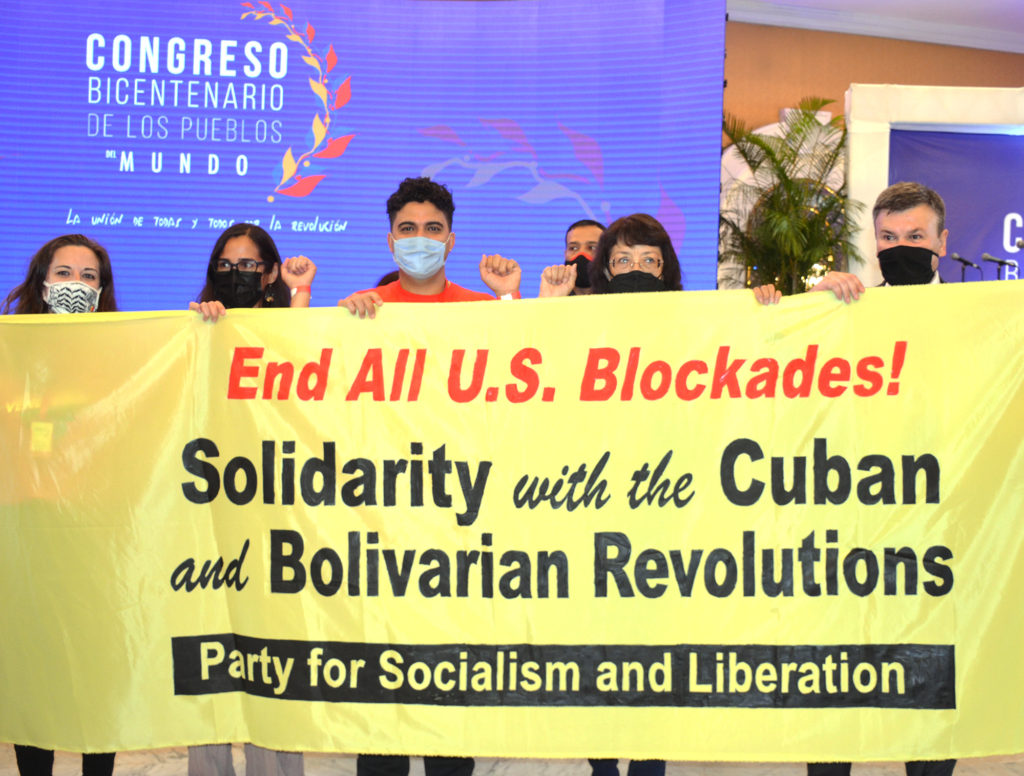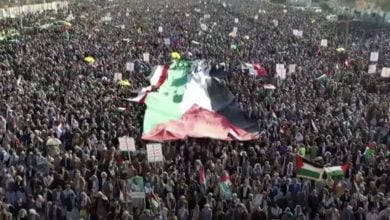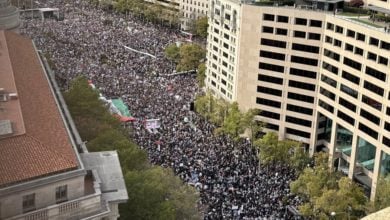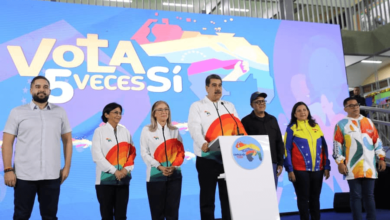“For us Carabobo is today, it is permanent. It drives us to continue struggling for true and authentic liberation of our peoples, integrating our America and the different peoples of the world in the building of that new world.”
With these words, Adán Chávez inaugurated the “Bicentennial Congress of the Peoples of the World” in Caracas, on the 200th anniversary of Venezuela’s independence victory over Spain at the Battle of Carabobo. Chávez is Venezuela’s ambassador to Cuba who coordinated the Congress (CBPM), and brother of Hugo Chávez, historic leader of the country’s revolution who died in March 2013.
The Battle of Carabobo ended on June 24, 1821. It spelled not only the end of the Spanish colonizers’ rule in what are now Venezuela, Colombia and Panama, it opened the door to Simón Bolivar’s further liberation of Ecuador, Bolivia and Peru. It is widely celebrated with public events and a military parade at the battle site.
In Caracas, more than 500 delegates from 67 countries met June 21 to 23 to unite forces in solidarity with Venezuela, Cuba, and all countries under the gun of U.S. imperialism. There was a massive participation of young activists. Sectorial workshops that were months in preparation online were now in person: women, political parties, social communicators, workers, Indigenous and social movements.
Culture as an expression of popular sovereignty was woven throughout the Congress. There were Venezuelan folk songs and the “Tambores de San Juan,” a traditional drumming centered in the Venezuelan Afro-descendants’ communities, that reaches its height on June 24. Tambores de San Juan are soon to be declared a patrimony of humanity by the UN’s UNESCO.
The Final Declaration of the Bicentennial Congress of the Peoples of the World laid out a comprehensive review of the crisis for humanity in the face of aggression and global domination of U.S. imperialism and its allies. The declaration gives emphatic opposition to the extreme harm imposed on tens of millions of people by economic blockades — unilateral coercive measures:
“We condemn unilateral coercive measures and other criminal aggressions perpetrated against the Bolivarian Republic of Venezuela, Cuba, Nicaragua, Mozambique, Zimbabwe, Iran, Russia, Syria, Palestine, Yemen, the Democratic People’s Republic of Korea, the People’s Republic of China and other nations of the world.”
Truly internationalist, the declaration expresses solidarity with the Sahrawi people’s independence struggle against Morocco, with Palestine, and with the independence movements of Catalunya, the Basque country, Canary Islands, and Galicia from Spain. It condemns NATO’s expansionary plans and U.S. aggression against China and Russia.
There was also a call for elimination of the patents on all COVID vaccines and medicines to treat the illness, and condemnation of the profit-driven system that exacerbates the health crisis for tens of millions worldwide.
“The speculative voracity of Western pharmaceutical corporations, coupled with the prevailing struggle between world powers for the production and acquisition of COVID-19 vaccines, has reaffirmed the inhuman character of the capitalist mode of production, the decline of the Western civilizational model, and the ethical collapse of a system of domination articulated in terms of profit maximization.”
ALBA-TCP heads of state and government meet
On June 24, heads of state and of government also met in Caracas for the Summit of ALBA-TCP, the Bolivarian Alliance for the Peoples of Our America – Peoples’ Trade Treaty. Headed by Venezuelan President Nicolás Maduro, the regional encounter included Cuban Foreign Minister Bruno Rodríguez, Bolivian President Luis Arce, Nicaraguan President Daniel Ortega speaking via livestream, Prime Minister Ralph Gonsalves of St. Vincent and the Grenadines, and other Caribbean nations. Former presidents Rafael Correa of Ecuador, Evo Morales of Bolivia and former Colombian Senator Piedad Córdoba attended as observers.
ALBA-TCP has suffered a reduction in size with the right-wing turn of governments and subsequent withdrawal by Ecuador and Honduras. But the November election of anti-imperialist President Arce, plus the mass struggles in Chile, Colombia, Haiti and Brazil are breathing new life and hope into the southern continent’s aspirations of unity and cooperation.
President Maduro told the ALBA regional leaders and invited Congress delegates: “Bolívar said, ‘For us the homeland is America. Either we are all free, or none of us is free!’ And that spirit is here today in the ALBA Summit, that spirit is in the Bicentennial Congress of the Peoples!”
As insightful and inspiring as the ideas, proposals and declarations were in the CBPM, even more critical will be the follow-up among the delegates who represent movements and organizations in their countries. Andreína Tarazón, Secretary of the CBPM and a young dynamic leader, emceed the beginning and conclusion of the Congress. She gave the closing mandate of continuity, saying: “It is useless to find ourselves in these spaces, if afterwards we do not establish the means to follow up on each conclusion and each agreement.”



